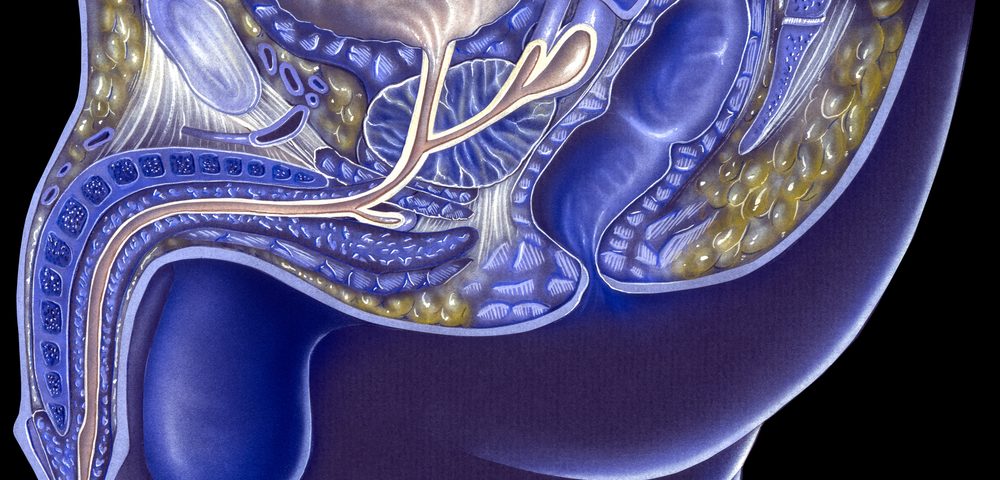UT Southwestern is conducting a multicenter clinical trial to test a new technique designed to spare nerves and arteries involved in sexual function to preserve potency in men receiving radiation therapy for prostate cancer.
The question “Will treatment make me impotent?” is on the minds of many patients undergoing treatment for prostate cancer. Erectile dysfunction caused by trauma to the nerves and blood vessels involved in sexual function affects about half of men receiving radiation therapy to treat prostate cancer.
“Nowadays, mortality after treatment for localized prostate cancer is as low as 1 percent at 10 years,” Neil Desai, assistant professor of radiation oncology and principal investigator of the POTEN-C trial, said in a press release.
“By contrast, as many as half of all patients being treated for prostate cancer will experience some decline in sexual function. It is appropriate, therefore, that our focus has shifted to this aspect of quality of life,” he added.
The POTEN-C trial (NCT03525262) is currently testing a new technique to limit the amount of radiation applied to the side of the prostate that shows no signs of cancer to spare nerves and blood vessels in that region.
To achieve this, patients will first receive stereotactic ablative radiotherapy (SAbR) – a highly precise form of radiation therapy – and then a biodegradable spacer gel called SpaceOAR, which will be implanted between the rectum and the prostate to reduce radiation damage to healthy tissues.
The Phase 2 trial will enroll a total of 120 men from up to nine medical center sites. Participants will be randomly divided into two groups either receiving standard SAbR or the new radiation technique with reduced dosage on one side of the prostate. UT Southwestern is planning to follow all patients involved in the trial for at least two years.
The trial’s main goal is to determine if the new approach improves urinary, sexual, and hormonal function, as well as bowel habits. Secondary measures include toxicities to the urinary, genital, and gastrointestinal organs, and treatment efficacy.
Physicians believe the POTEN-C trial has the potential to significantly improve the quality of life of patients with prostate cancer.
“We’re using advances in MRI imaging to locate the disease, the SAbR technique’s precision, and now the SpaceOAR gel to plan a new approach to reducing sexual dysfunction. We are excited to be able to combine the results from the last 10 years of research to improve the outlook for our patients who require prostate cancer treatment,” Desai said.
“Basically, we’re trying to give men more choices, trying to preserve their potency up front. If this ends up being a positive trial, it’s a pretty big deal for our field,” he added.

